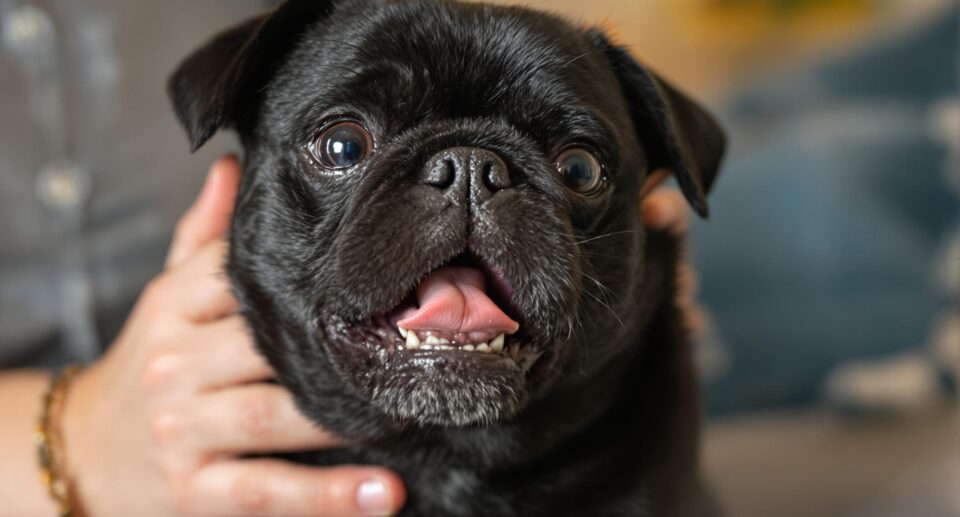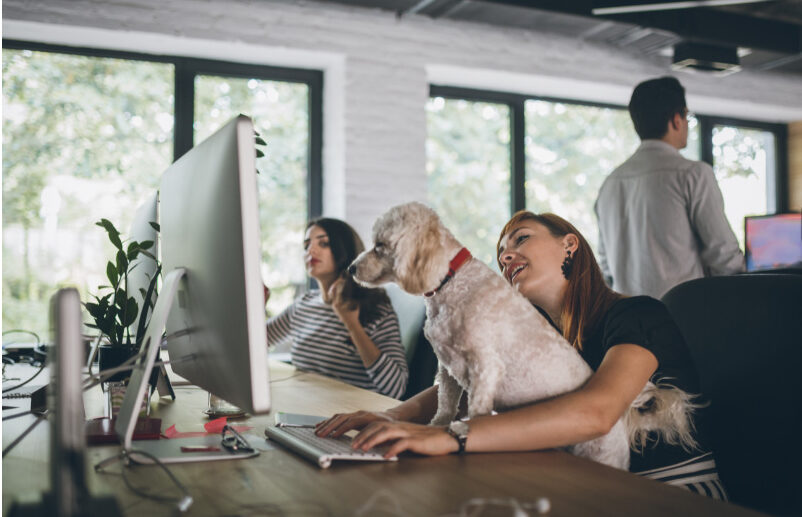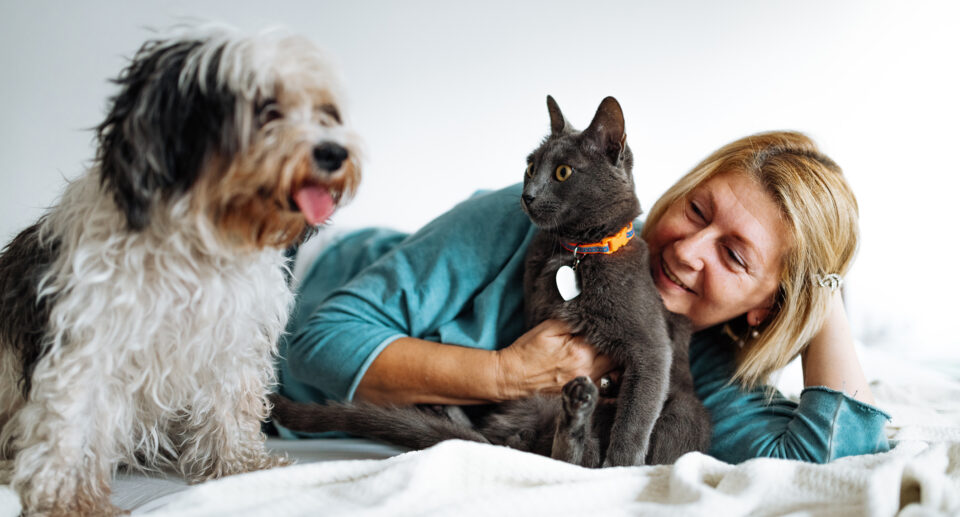Reverse Sneezing In Dogs

Does your dog ever suddenly stand up and start to wheeze and honk, jutting their head forward with their eyes bugging out? This scary though brief episode is known as paroxysmal respiration, or reverse sneezing. As awful as it can be, it’s a perfectly normal bodily function that helps your dog deal with a tickle at the back of their throat.
What Is Reverse Sneezing?
During a reverse sneezing episode, the soft palate at the back of your dog’s throat spasms, causing those powerful inhaling wheezes.
Some dogs experience reverse sneezing when exposed to dust or pollen which can temporarily irritate the soft palate.
Small dogs, especially brachycephalic, or short-muzzled dogs like the Pug or French Bulldog, are more likely to experience reverse sneezing. Dogs with a small skull and short nose can have an elongated soft palate that may sometimes obstruct their airway.
For some dogs, an episode can be triggered by excitement or exercise, or may have no apparent cause.
Too Much Reverse Sneezing?
Reverse sneezing is as normal and harmless as a typical sneeze. If it happens to your dog from time to time, you can help them stay calm while they ride it out. You can gently stroke the front of their throat to help relax those muscle spasms.
If your dog is having regular reverse sneezing episodes it may be a sign of an underlying health condition.
Small dogs are prone to tracheal collapse, a condition that causes the airway to narrow. It sometimes leads to wheezing episodes, particularly after exercise. If symptoms interfere with your dog’s quality of life, your vet can prescribe medications like steroids to manage inflammation. Severe cases can be treated with surgery.
Nasal mites are another common cause of reverse sneezing. As the parasites creep over the soft palate, they can cause irritation and spasms.
Post nasal drip from a respiratory infection like kennel cough can also irritate the soft palate.
If your dog is having frequent reverse sneezing episodes or is having other symptoms like watery eyes, lethargy, loss of appetite, or fever, call your veterinarian. If your dog has trouble breathing, collapses, or loses consciousness, seek emergency veterinary care.





